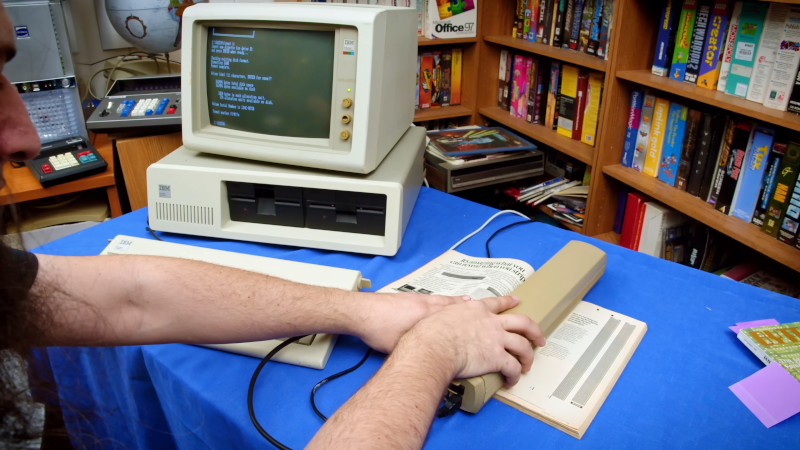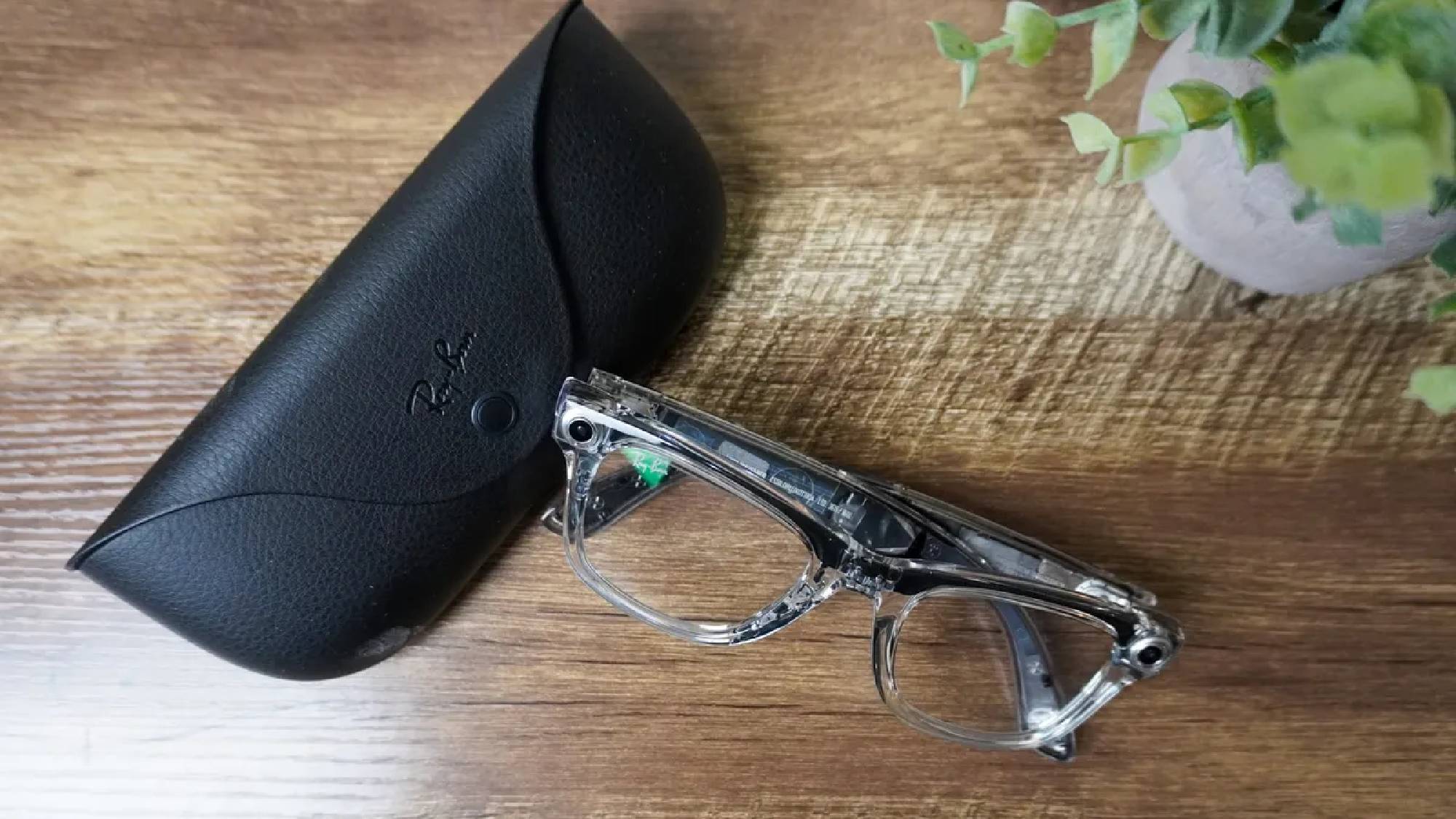
If you ask someone who grew up in the late 1970s or early 1980s what taught them a lot about programming, they’d probably tell you that typing in programs from magazines was very instructive. However, it was also very boring and error-prone. In fact, we’d say it was less instructional to do the typing than it was to do the debugging required to find all your mistakes.
Magazines hated that and, as [Tech Tangents] shows us in a recent video, there were efforts to make devices that could to save readers from typing in the latest Star Trek game or Tiny Basic compiler. The Cauzin Softstrip was a simple scanner that could read barcodes from a magazine or your printer if you wanted to do backups. As [Tech Tangents] points out, you may not have heard of it, but at the time, it seemed to be the future of software distribution.
We were impressed that [Tech Tangent] had enough old magazines that he had some of the original strips. Byte Magazine had tried to promote a similar format, but there was no hardware made to read those barcodes. Of course, there were other systems.
For example, the HP-41C famously had a barcode scanner, although creating your own was clunky unless you reverse-engineered the “proper” format (which was done). The basic hardware used there also worked with Byte’s format, but you still had to interface the odd scanner to your computer. Cauzin sidestepped all this with their product, which was simple-to-interface hardware with software support for the major platforms.
However, by the time it was on the market, cheap magnetic media and modem-based bulletin boards were destroying interest in loading software from paper. This is a great look at an almost forgotten technology. You could probably build something modern to scan these if you had the urge.
These days, it would be easy enough to design your own system. Modern laser printers would probably make very dense barcodes. We wouldn’t suggest making a , though.
These days we have and even ..














